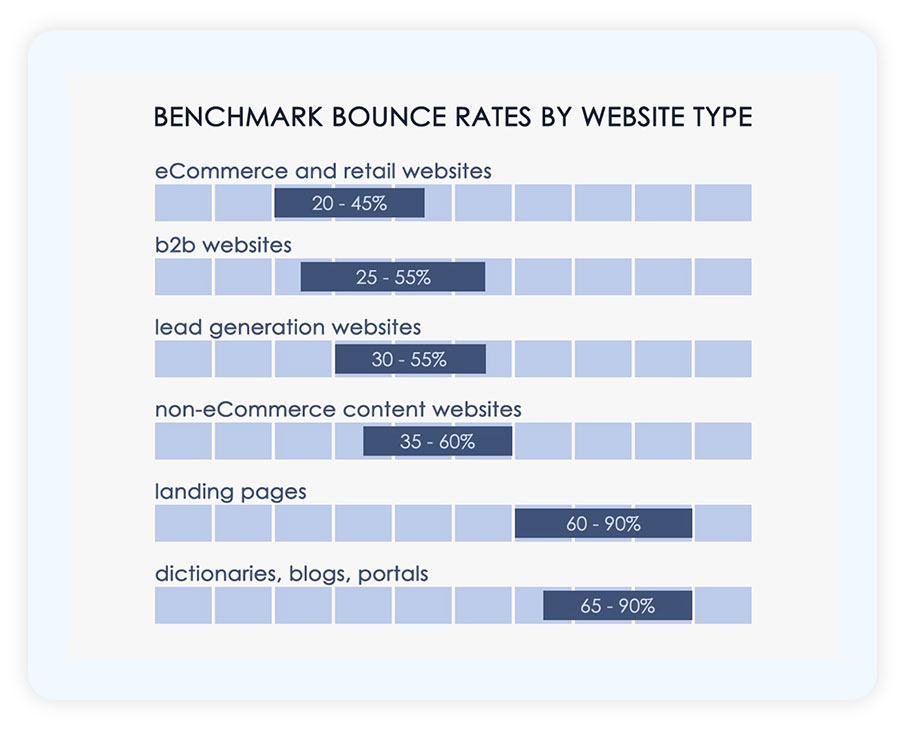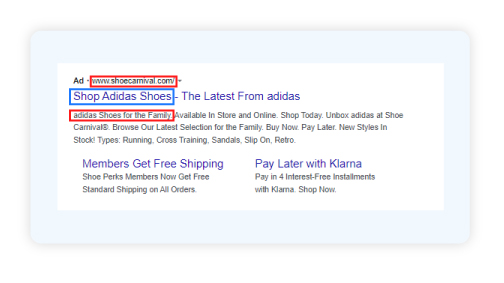[display-name-category]
[post_author]
It’s quite possibly more accessible to start a business than ever before. There is an abundance of information out there, from business plans to design to get you started.
Market competition is healthy for the economy. It leads to quality products, better pricing, and out-of-the-box thinking. It’s great for the economy, but a saturated market becomes difficult to succeed in.
At the moment, your industry may be facing a degree of competition.
The world of Google Ads management is no different. You’re guaranteed to run into competitors who are relentlessly fighting for a piece of the pie.
Your competitors will vary among well-established brands, highly recognized by the public vs. start-ups and the advantage of possessing higher marketing budgets than others
The nature of your industry and your business will dictate how hard it is to get through to your audience. Many sectors are pretty challenging to break into due to dominant players.
If your brand isn’t easily recognized or popular, this could pose a disadvantage for breaking through from the competition.
Imagine you’re running a small business selling custom brewed beers. Competition from notable beer brands is colossal.
Up against these giants, you’re probably going to feel outgunned by these major companies with more significant resources and brand recognition.
That said, rest assured, we come bearing resources you can take advantage of.
Search Engines
Aside from all the resources available now, what we didn’t have before are search engines. They have come to level out the playing field.
Thanks to Google Ads and Microsoft Advertising, there’s a way around being silenced by more established, dominant businesses.
The first question is, have you considered using competitor names as keywords in your campaign strategy?
No, we’re not referring to impersonating or mimicking another brand online; less use their business name in actual ads. We’re inquiring whether you are figuring your competitors’ names into your list of keywords. This practice is standard and allows your business to show up a good percentage of the time when users look up relevant competitors. Essentially, you are piggybacking off of their audience’s interests and providing them with options when it comes to similar services and products.
We get it; perhaps you’re concerned about the legitimacy of this strategy, but rest assured, we bring it up because Google’s current policy confirms that the practice is perfectly legal and accepted if you follow the rules towards implementing it.
“Google will not investigate or restrict the use of trademark terms in keywords, even if a trademark complaint is received.”
So, supposing you are a craft beer business owner, every time someone is looking for custom beers using well-recognized brand names, your ad can run if you have those brand names as keywords associated with your campaign.
Keep An Eye Out For High Bounce Rates
Let’s say you performed in-depth competitor keyword research and have developed an extensive list of brand names you would like to include on your list.
After only a week, you may see an improvement in CTR and an increase in healthy traffic to your site.
Initially, this may seem significant, but once you gain more traffic data, it’s imperative to get granular with data by looking at Google Analytics.
High bounce rates for those exact keywords indicate their removal; who wants people landing in your website to bounce right out; they work against your campaign efforts by elevating cost.
A high bounce rate could indicate that people who clicked on your ad were expecting to see products for the specific brand name they searched for and didn’t.
You’ll want to remove these particular competitor keywords because, in the end, you pay for the click from the ad that brought them to your site in the first place.
Remember that using competitor names as keywords must prove a good ROI as much as your campaigns’ CTR would.

A note from our expert strategists: Even though competitor’ keywords tend to have a higher bounce rate than product/service specific keywords, avoid keeping assets that have a bounce rate 2x higher than the account’s average.
Don’t Include Your Competitor’s Name In Your Ads.
Though you’ll want to include competitor names as keywords, never place them in your ads. This goes against your marketing platform’s policies and can lead to an unnecessary legal fight over brand names and trademarks.
This practice is not an ideal scenario for any business as it’s perceived as manipulative marketing to use another brand name in your ads.
Don’t try to trick the user that your website is a competitor’s website.
For example, an online shopper might think you’re Amazon if you use “Amazon” in your ad copy.

This is misleading and illegal in many countries. Therefore, avoid referencing them in your headlines, ad copy, or Dynamic Keyword Insertion (DKI), especially in Google Ads management. Stick solely to using your competitors’ names in your keywords.
Pro-tip: For the headlines of your ads, a good practice is to use your brand name or a generic description of your competitors’ brand products.
You’ve come this far and there; we still have more to share when learning about using competitor names as keywords. Subscribe to our blog to get the second part of the 2-post series directly to your inbox.





